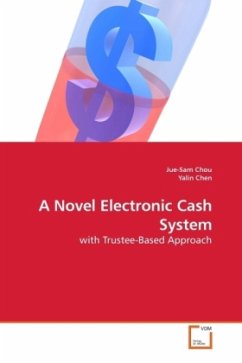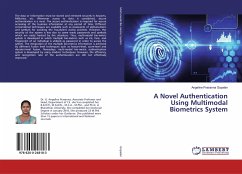In this book, three recent electronic cash (e-cash) systems, Juang-Liaw s divisible e-cash, Juang s D- cash, and Chen-Jan-Chen s deposit delegation scheme, are first reviewed. Then, a novel e-cash system based on bilinear pairing is designed to attain a more secure and efficient level which has the function of anonymity revocation. To achieve the anonymity revocation function, we construct a new ID- based blind signature scheme where the blindly signed message contains a trustee-approved token which is embedded with user s identity. Moreover, to efficiently implement the function, we evoke a trustee to perform the task by simply using one symmetric encryption and one exclusive-or operation. Besides, we incorporate mutual authentication and key agreement into our design to get rid of the necessity of running under a pre-established secure channel as usually needed in previous studies. This can reduce the communicational overhead. After security analyses and comparisons, we conclude that our scheme is not only more secure but also more efficient than the ones reviewed in this book.
Bitte wählen Sie Ihr Anliegen aus.
Rechnungen
Retourenschein anfordern
Bestellstatus
Storno








